Reed College President’s Summer Fellowship
The President’s Summer Fellowship offers students a chance to think big and tackle a summer project that combines intellectual pursuit, imagination, adventure, personal transformation, and service to the greater good. The program was established in 2012 and is made possible with generous support from Dan Greenberg '62 and Susan Steinhauser.
President's Summer Fellowship Winners
Reed is proud to announce the latest winners of the President’s Summer Fellowship for 2016.
Deep Neural Networks and the Search for New Particle Physics Phenomena
Kaustuv Datta ’17, physics
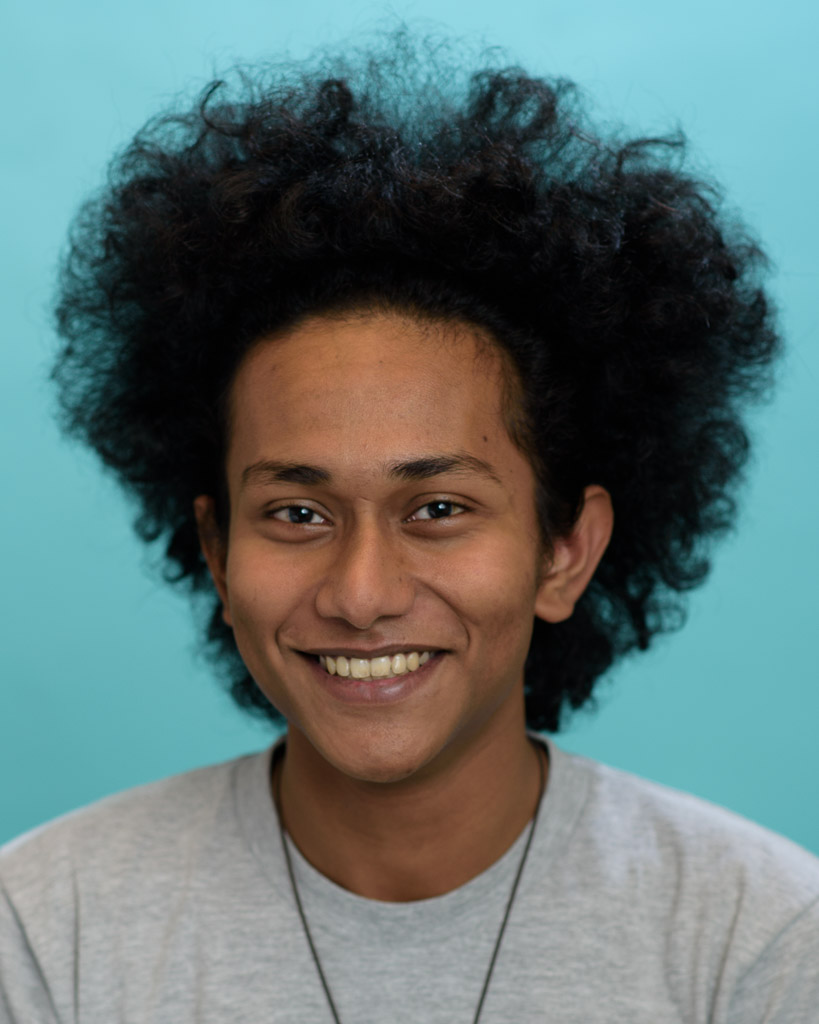
The last few decades have been instrumental in furthering our understanding of the universe at all spatial scales. The Large Hadron Collider (LHC) at the European Organization for Nuclear Research (CERN), is pushing particle physics exploration into the unknown. High-energy proton collisions produce huge amounts of data, at ever increasing rates. This calls for more efficient methods to identify and classify interesting events for further investigation. I will work with Prof. Maria Spiropulu of Caltech and Dr. Maurizio Pierini of CERN on the development of a deep neural network, a kind of artificial-intelligence algorithm, to analyze data from the Compact Muon Solenoid experiment on the LHC, with the aim of optimizing the search for new particles, such as a heavier copy of the recently discovered Higgs boson or candidates for dark matter. The success of our work could potentially provide physicists a new way to analyze data from colliders, by using similar algorithms to run unsupervised analyses—that is to say, analyses that don't require human input—at the frontier of particle physics research. This would be the first step toward a paradigm shift in high energy data analysis.
Environmental Influence on Animal Phenotypes
Rose Driscoll ’17, biology
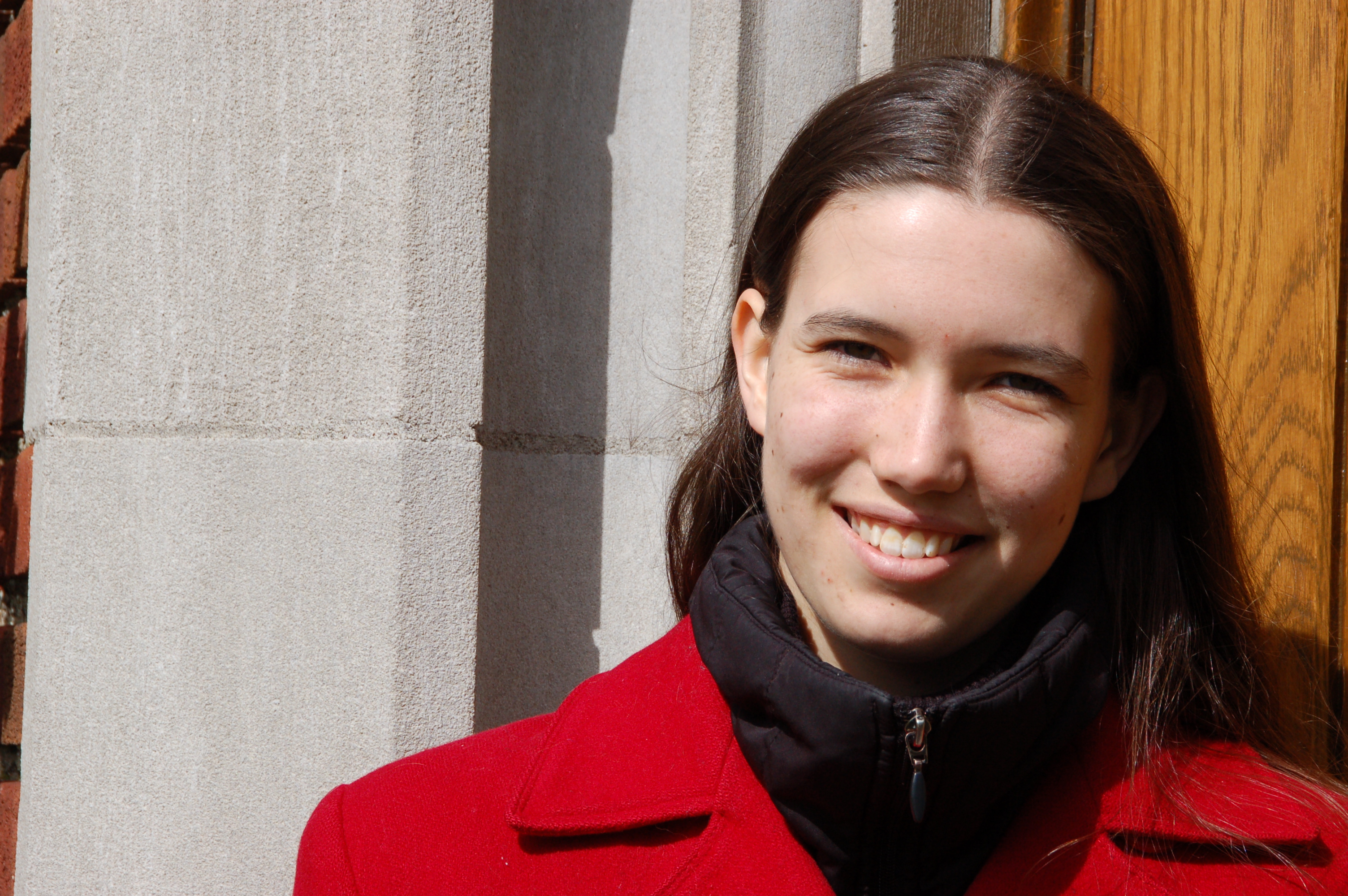
Environment has a large effect on phenotype, impacting traits as fundamental as reproductive roles. Since last summer, I’ve been working on a project to determine the mechanisms of environmental (pH-based) behavioral phenotype and sex determination in a cichlid fish species, P. pulcher. This summer, I will travel to the University of Alberta in Edmonton, Canada to work with a researcher on the behavioral side of the project, as part of an international collaboration. By manipulating the water conditions fry are exposed to, I hope to reveal sex- and morph-specific patterns in methylation (an epigenetic marking), determine the timing of pattern establishment, and establish methylation of the aromatase gene cyp19a1 as the mechanism for pH-based environmental sex determination in P. pulcher.
Storytelling and Sense of Place in Spain
Guanani Gomez-Van Cortright ’18, biology
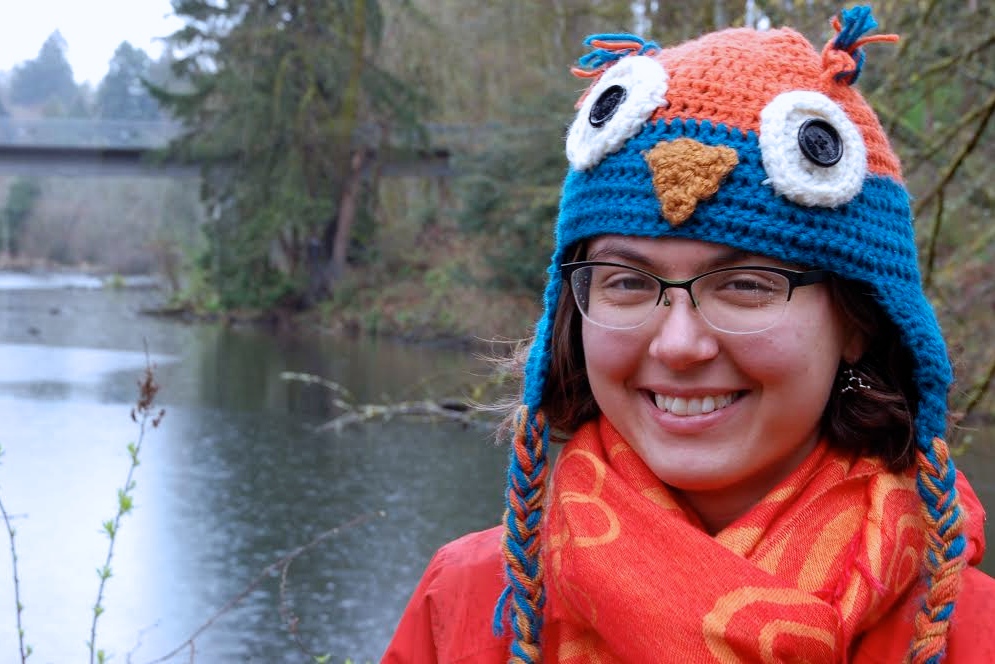
What gives a city its distinct character and sense of place? Placemaking is an essential human endeavor, and the confluence of physical space, local folklore, and the movement of people makes urban communities ever-changing expressions of home. For my project I will visit four cities in four different provinces of Spain (Granada in Andalucia, Barcelona in Cataluña, Bilbao in Basque Country, and the autonomous capital of Madrid) and interact with local people, museums, landscapes, and architecture to familiarize myself with each place’s culture and history and discover its stories. Spain is made up of several distinct provinces, some of which have their own languages and culture and have pushed for autonomy from the central Spanish government for decades. After visiting each of the four cities, I will write fictional short stories based on the people, locations, and situations I encountered as a way to explore what makes each city uniquely itself.
History and Memory in Southwest Ireland
Isabel Lyndon ’17, history
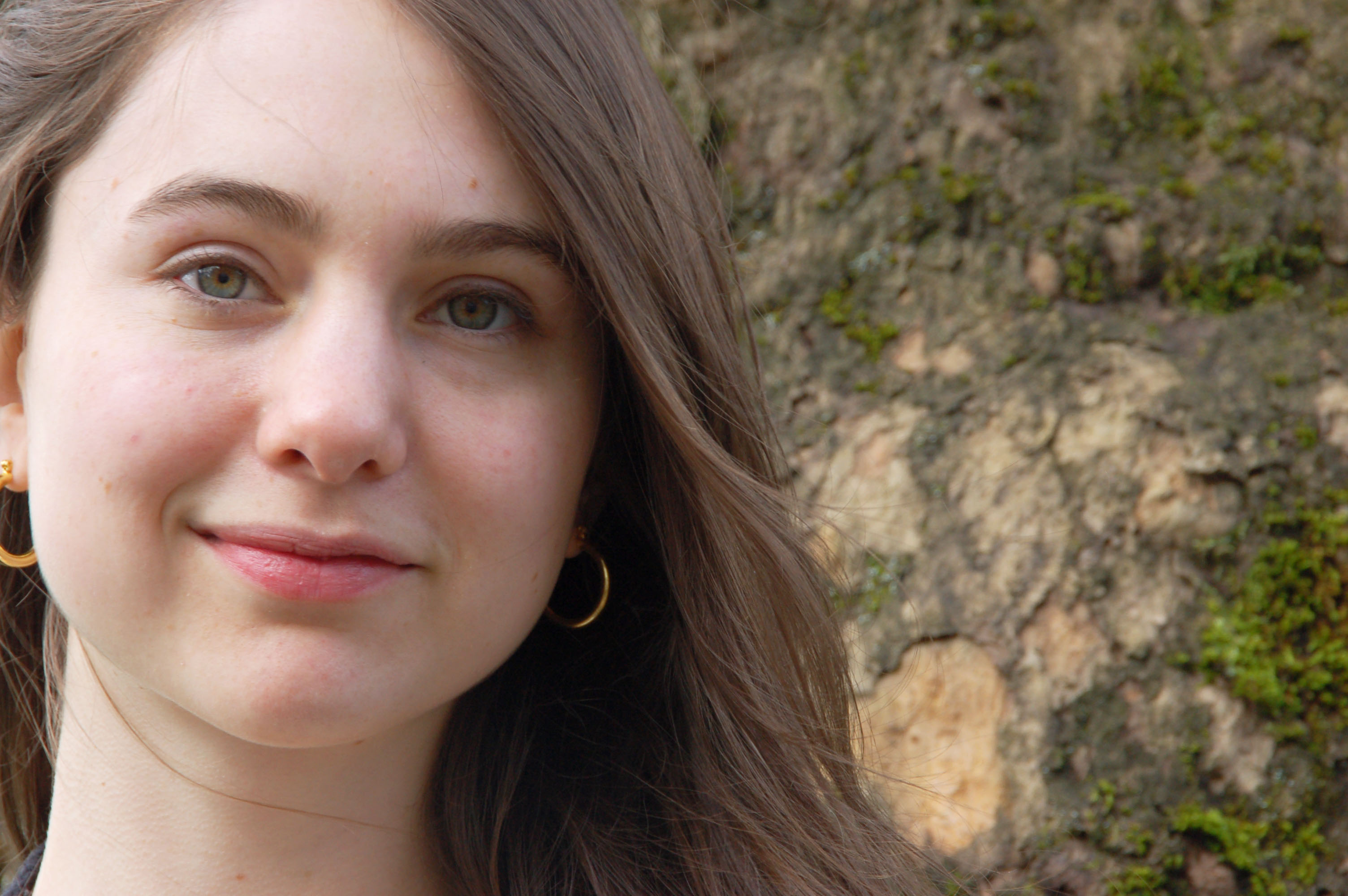
My great-grandmother Christie Sullivan was born in County Kerry, Ireland, in the small rural parish of Beaufort, in 1908. In the years before Christie immigrated to the United States, Ireland underwent a civil war and achieved independence from Britain. My great-grandmother left for Boston in 1924, and seven years later, she found herself unmarried and pregnant with my grandfather. She took care of him for several years before putting him into the care of the Catholic Charitable Bureau. What my family knows of Christie—of her job in a hotel, her bobbed hair, and her sense of style—we’ve learned from Boston social workers’ reports and first-hand accounts from her family members. This summer, I will travel to Kerry, Cork, and Dublin, where I will write a series of creative nonfiction essays, accompanied by photos, letters, and other relevant documentation, about Southwest Ireland from roughly 1908 to 1924. Using the Cork and Kerry archives, as well as the Irish Film Archives, which house the films that the American Kalem Company shot in Kerry when Christie was a teenager, I will attempt to reconstruct the world Christie grew up in through archival material. I hope to write a history that is as much about the gaps in knowledge as it is about the factual, the data-based, or the provable. I will publish a chapbook of these essays upon my return.
The Insider’s Perspective on Microfinance
Florence Randari ’17, economics
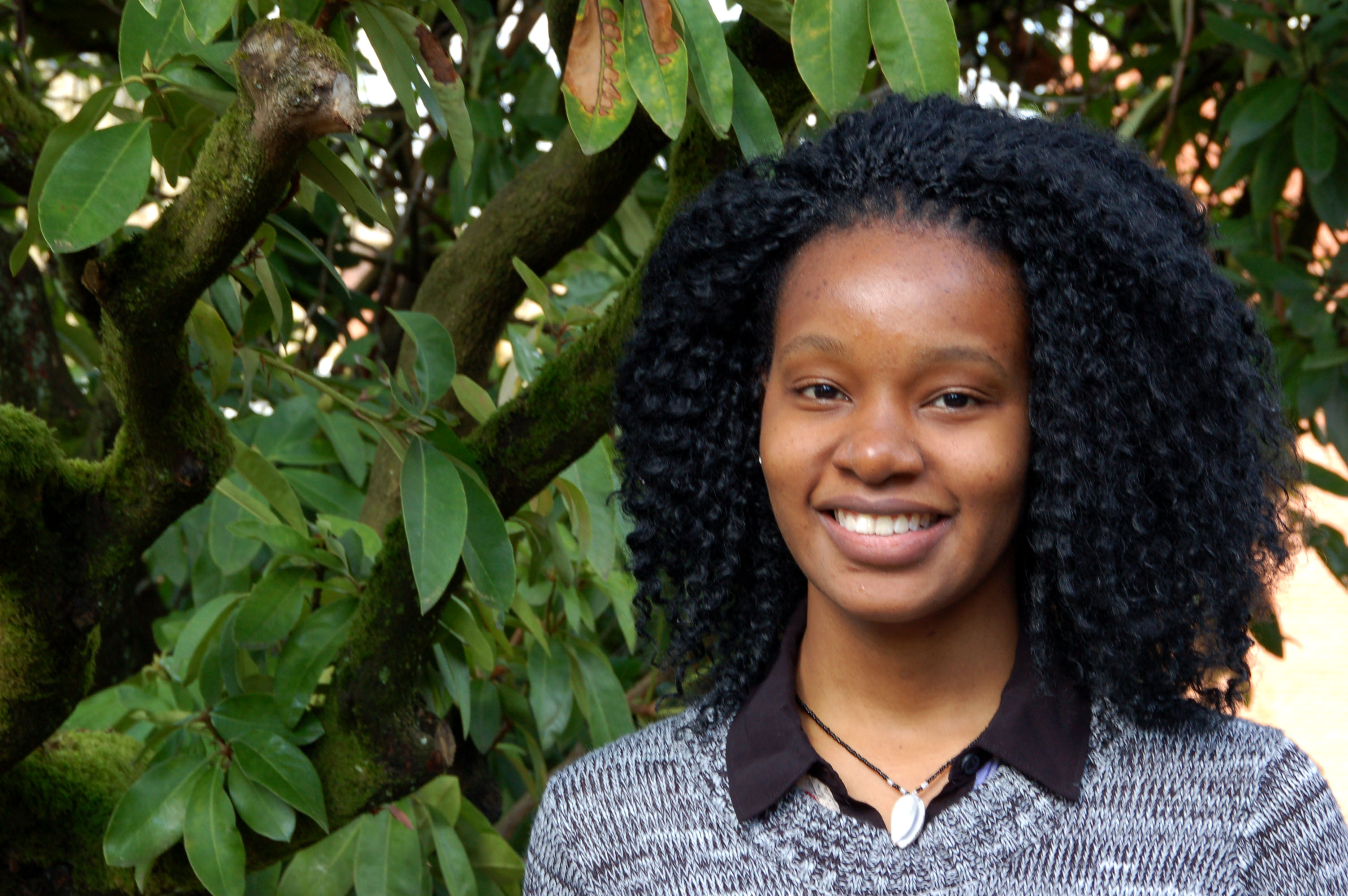
Microfinance is a growing industry in developing countries, despite the ongoing debate among scholars on whether it helps alleviate poverty or actually does more harm than good. There are claims that unscrupulous lenders take advantage of poor people’s limited access to financial services by lending money at high interest rates while slapping the label “microfinance” on their actions. This summer, I will deepen my understanding of microfinance in Tanzania as an intern with the African Microfinance Limited. I will work closely with clients seeking to apply for small loans. I believe that a personal experience in the field will help me apply the theoretical knowledge I have learned in my classes as well as equip me with first-hand experience on the impacts of microfinance and poverty alleviation. As I plan to explore the topic in my thesis next year and I am interested in international development, this internship provides an experience that will help me in the future with my career goals.
The Dhammasukha Monastery Teaching Project
Jasmine Williams ’17, English
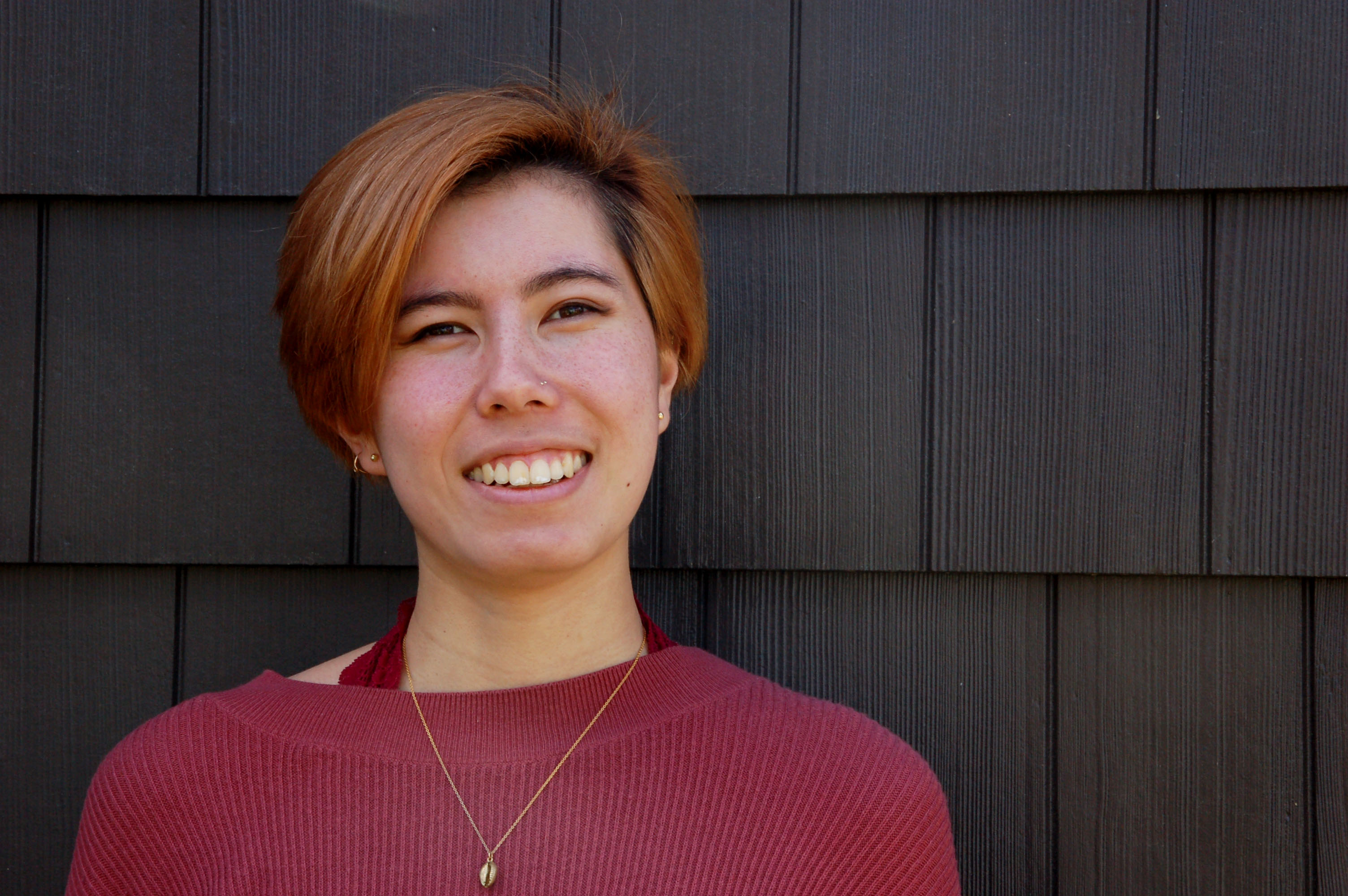
I have the amazing opportunity to teach children at a Buddhist monastery in Mingladon, Myanmar. This invitation comes from my family’s monk, who has known me since I was a small child. My mother immigrated to the US from Myanmar when she was 13 years old, and has made sure to stay in contact with her Burmese community. I have been part of this community for a long time, but have never visited Myanmar. Over the summer, I will travel to the monastery, set up an English-language library there, and teach English alongside my monk. I want my teaching to help these students attain a passion for learning and an insatiable curiosity that propels them to pursue education. Through my experiences, I hope to gain a better understanding of working with children to aid my future endeavors as an educator.
Exploring Immigration in Spain
Jordan Wynne ’17, political science
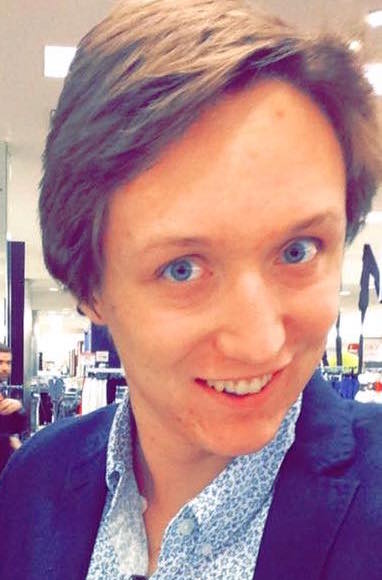
Over the past 30 years, Spain has become a progressive immigration state. Both policymakers and the majority of the public in Spain believe that allowing immigrants into the country is good for the economy and represents democratic values. I will investigate the policies that serve as the foundation for the progressive immigration stance Spain holds, analyzed through the lens of comparative politics between Spain and the United States. For my project, I will travel to Barcelona to intern with Alicia Osés, the managing partner of the Lawyers of Barcelona firm, to focus on immigration law in Spain. I will be a paralegal helping clients to secure visas and permanent resident applications, and working with refugees and asylum-seekers. Much of what makes Spain so open to immigration is its dedication to streamlining the naturalization and visa process. Through this experience, I will gain an intimate understanding of these streamlining laws and be able to compare them to US policies on immigration.